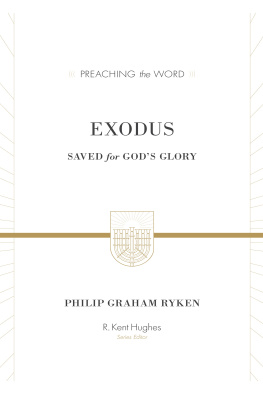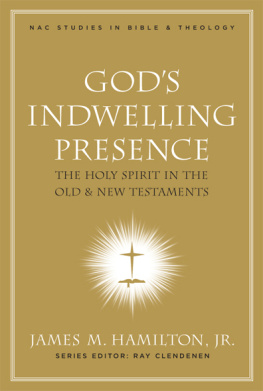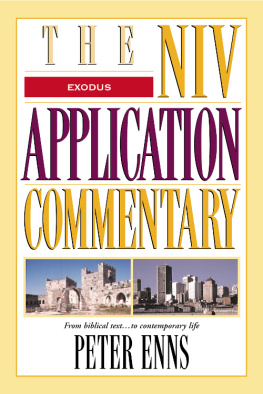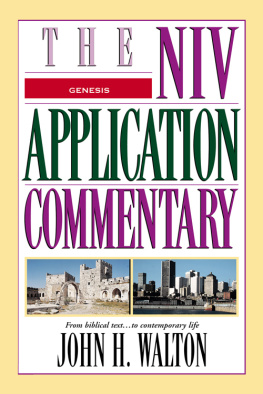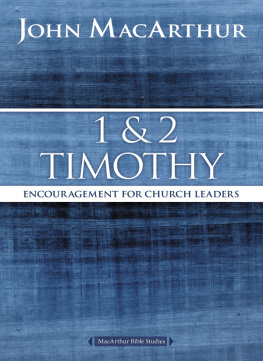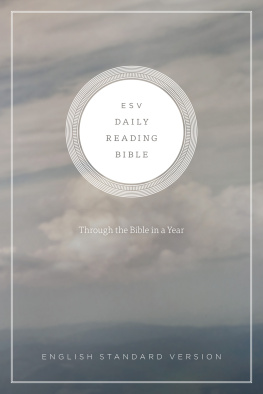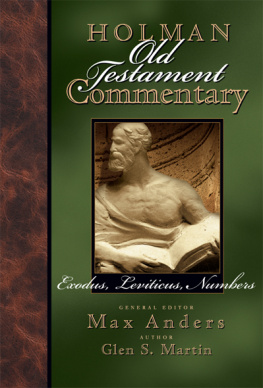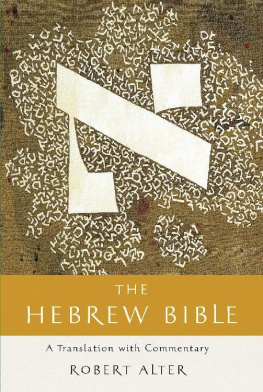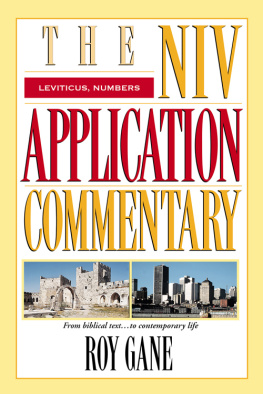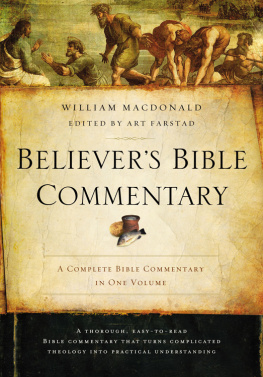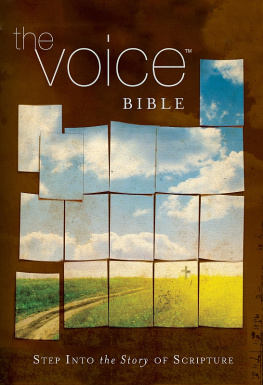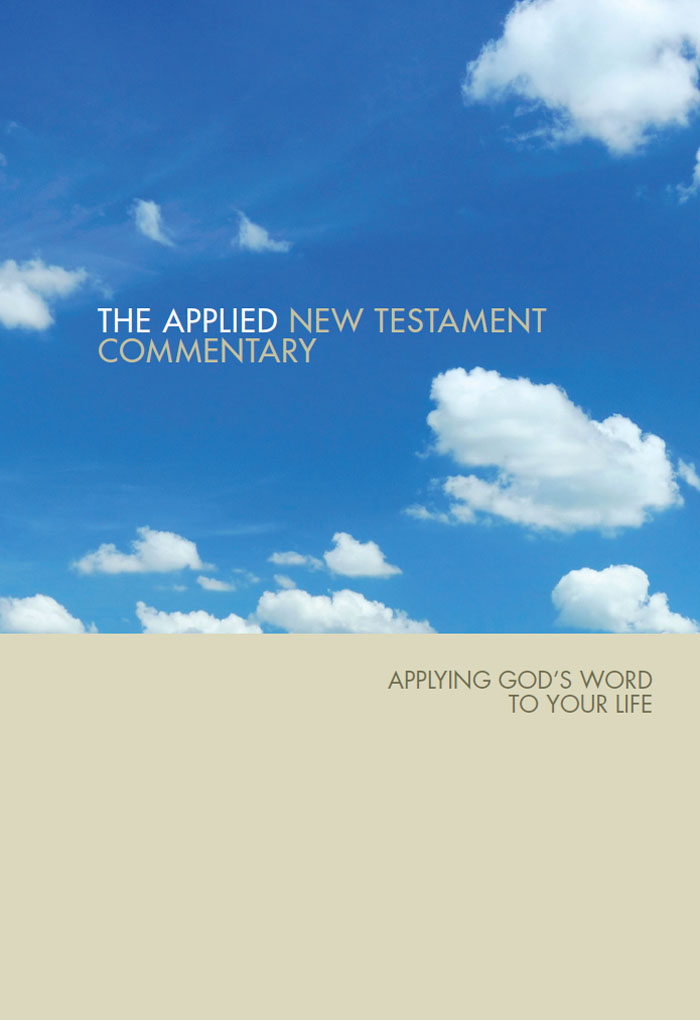THE APPLIED NEW TESTAMENT COMMENTARY
This commentary is not intended to be biased toward any particulardenomination. It is hoped that Christians of all denominations will be able to useit. Where true Christians have differing opinions on certain subjects, these arepresented side by side in the commentary without partiality. This is done throughoutthe commentary, but especially in the General Articles.
In writing this commentary, great help has been obtained from fourmain sources: 1) The New International Commentary of theNew Testament, Eerdmans, 17 Volumes; 2) The Expositors Bible Commentary[New Testament], Zondervan, 5 Volumes; 3) New Bible Commentary: Revised,Eerdmans; 4) Matthew Henrys Commentary, Abridged,Zondervan. In addition to these four main sources, the writings ofMartyn Lloyd Jones, Andrew Murray, John Stott, and others have been most helpful.The work of selecting and writing the material in this commentary has been done byThomas Hale, M.D., F.A.C.S.
All but the last four General Articles have been contributed byStephen Thorson, M.D., F.A.A.P. M.A. (Theological Studies). The General Articleentitled Summary of the Old Testament has been contributed by RebeccaThorson. The General Articles are based on material taken from many sources,including the following major creeds and confessions of the Christian church: theApostles Creed, the Nicene Creed, the Augsburg Confession, the Formula of Concord(Lutheran), the Westminster Confession (Calvinist Reformed), and the Thirty-nineArticles (Anglican-Episcopalian). The works of Martin Luther (Lutheran), John Calvin(Reformed), Jacob Arminius (Arminian), John Wesley (Methodist), and severalAnabaptist and Baptist writers have also been used, as well as many othersources.
All Bible quotations are taken from the New International Versionand are printed in bold type. This commentary accepts thedecisions of the NIV translators without debate. Occasionally, alternativetranslations ofdisputed passages are mentioned in a footnote.
In the commentary, an effort has been made to minimize theinclusive use of the masculine words man and men, but it hasbeen impossible to eliminate such usage completely. This commentary has followed theNIV in this regard, since it is based on the NIV text. In each case the inclusivemeaning is evident from the context. Such usage is employed in the interest ofclarity and of compatibility with the NIV text. The patience and understanding ofthe reader are requested.
How To Use This Commentary
This commentary has been written to help people study the Bible. Itshould not be read in the same way that one reads an ordinary book. First, thereader should read and prayerfully meditate upon the portion of scripture thatbegins each section of the commentary. After doing that, the reader should studyeach verse together with its corresponding comment, proceeding verse by verse. It isimportant to understand the meaning of every verse in the Bible as fully aspossible. The commentary will help the reader do this. Finally, after understandingthe meaning of each verse, the reader should go back and read the entire scriptureportion again. Together with understanding the meaning of each verse, it is alsonecessary to understand the context and meaning of the entire scripture portion as aunit. To understand the full spiritual meaning of the Bible text, it is necessaryabove all to ask for help from the Holy Spirit. The Bible is Gods living word.Whenever we read from the Bible, we must always pray this prayer: Lord, openmy mind; speak to me through your word.
Following this introduction there is a Word List, which gives themeaning of fifty-one important words. These words are used many times throughout theNew Testament. In this commentary the first main occurrence of one of thesefifty-one words in any of the chapters is printed in small capitals. In order tounderstand the meaning of any verse in which one of these important words occurs, itis first necessary to understand the meaning of that word.
Following the Word List there is a series of General Articles.These articles give help in understanding a number of very important subjects.Therefore, when a comment on a verse relates to one of these subjects, very often atthe end of the comment there will be written: (see General Article: ).By referring the reader to these General Articles, the commentary avoids repeatedexplanations of the same subject, and thus much space is saved.
In many of the comments in this commentary the reader is advised torefer to some other verse or verses. Sometimes only the name and number of the verseis given; for example: (Matthew 5:22). Sometimes the wordsee is added; for example: (see Matthew 5:22). Whenever theword see is added in this way, it means that it is necessary to look upthat verse in order to fully understand the verse being studied. Sometimes the wordsand comment are added after the verse number; for example: (seeMatthew 5:22 and comment). When this is written, it is necessary to look upboth the other verse and its corresponding comment in order to understand the verseunder study. By referring the reader to other comments in this way, the commentarydoes not have to repeat the same comment over and over for many different verses,and thus much space is saved.
Sometimes a Bible verse is not commented upon; instead, the readeris referred directly to another verse and its comment. When this happens, it isbecause that other verse and the verse being studied are almost identical. In thiscommentary, when two or more New Testament verses are almost identical, only one ofthem is commented upon. Again this is to save space and avoid repetition. The readerwill encounter this situation especially when studying the Gospels of Matthew andLuke, because many of the verses in those two Gospels are also found in the Gospelof Mark. Thus to read the comments on those verses, the reader must refer to thecorresponding verses in Marks Gospel. Similarly, many verses in Luke are referredto the equivalent verses in Matthew.
In this commentary, some books and some sections of the NewTestament are given more lengthy and detailed comments than others. Therefore, forone studying the New Testament for the first time, it is advisable to study thesebooks and sections early in the course of ones study. Examples of such sections andbooks would be: Matthew Chapters 5-7, Mark, John, Romans, 1 Corinthians, Gal-atians,and Ephesians.

AbrahamAbraham was the first Jew (see Word List: Jew). He was born abouttwo thousand years before Christ in a place called Ur, which is now modern Iraq. Godtold Abraham to go to another country (Genesis 12:1), a country which God promisedto give to Abrahams descendants (Genesis 12:7). That country was Israel. God toldAbraham that He would make Abrahams seed a great nation, from which all the worldwould be blessed (Genesis 12:2-3). That nation was the Jewish nation. The greatblessing which came from that nation was Jesus Christ, the Savior of the world, whowas a descendant of Abraham (Matthew 1:1).
Abraham was a man of great faith (see Galatians 3:6; Hebrews11:8-12 and comments). The Jews took great pride in being descendants of Abrahamaccording to the flesh. However, all those who believe in Christ are the truespiritual descendants of Abraham through faith (see Galatians 3:7-9 andcomment).







